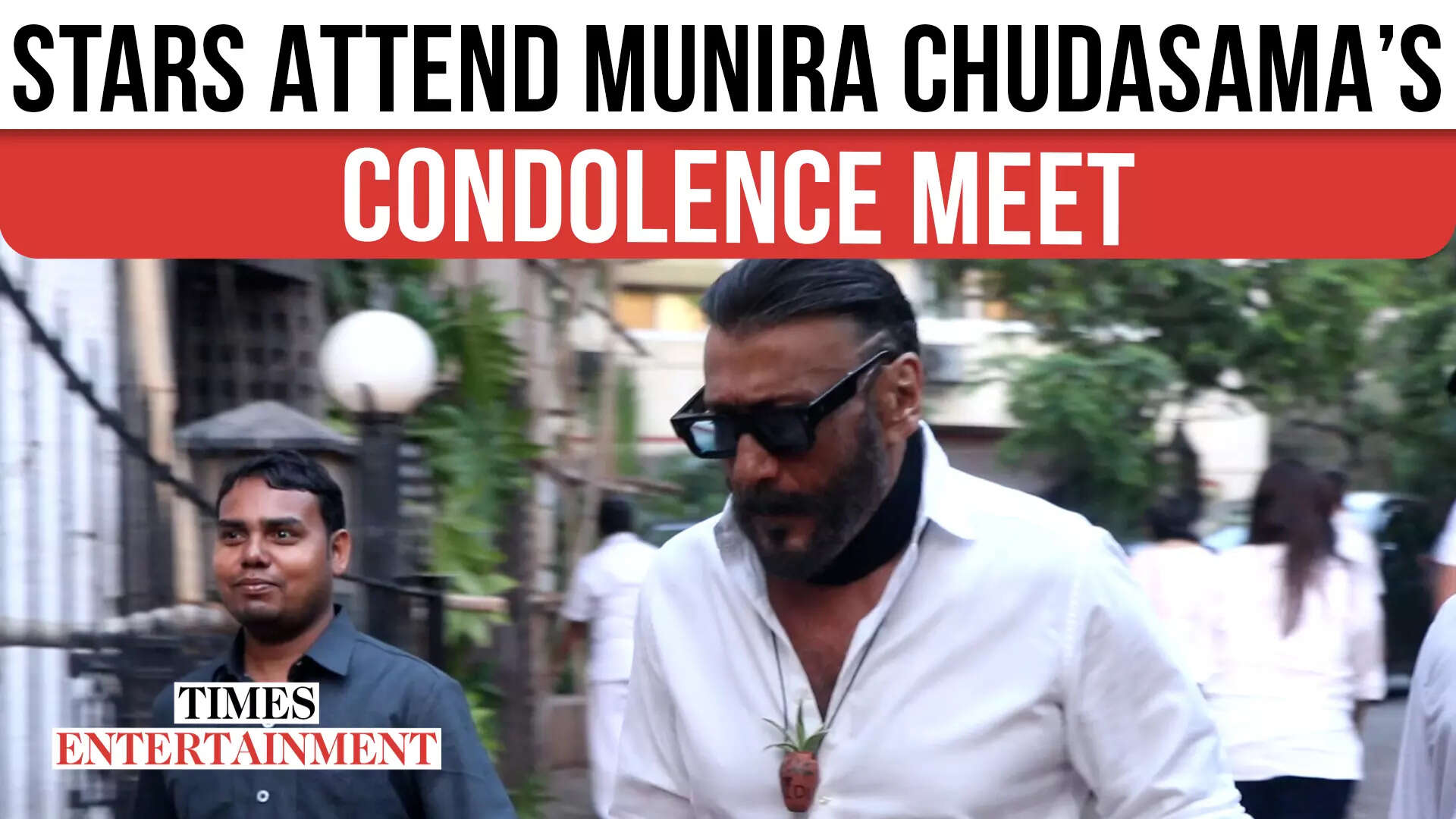Australian politics has historically been a male domain with an overwhelmingly masculine culture. Manhood and a certain kind of masculinity are still considered integral to a leader's political legitimacy. Yet leadership masculinity changes along party lines.
We are now halfway through the election campaign and can already see differences in the masculine performances of Prime Minister Anthony Albanese and Opposition Leader Peter Dutton. State Daddy versus Strongman Tough Cop In a recent open-access study, I identified the emergence of two Australian political masculinities during the COVID-19 pandemic. First, the traditional "Daggy Dad" of former Liberal prime minister Scott Morrison, centred around the nuclear family and paternalistic protection.

Second, the "State Daddy", embodied by Labor leaders such as Albanese, who perform a more compassionate masculinity focused on social provision. In the 2022 election, Albanese effectively used his caring masculinity against Morrison's faltering protective paternalism, highlighting many of Morrison's weaknesses and especially his unpopularity with women. The 2025 election is shaping up to be another "gender election", this time between the State Daddy and the Strongman Tough Cop.
Albanese and Dutton's adoption of certain masculine identities reveals not only how they want to be perceived but also how they envision the electorate, the nation, and its defining values. Dutton is a "tough-nut" conservative who portrays himself as a "strongman" protector. His leadership masculinity combines that of several other Liberal leaders, notably John Howard.
But his conservatism is more reactionary, focusing less on economics and more on stoking culture wars. Like Tony Abbott, he is a pugilistic opposition leader who promises to keep Australians safe while reinforcing fear and uncertainty. Following.
...
Top

Strongmen, Daggy Dads and State Daddies: how different styles of political masculinity play into Australian elections

Modern politics tends to attract certain masculinity types. They are on show again in the 2025 federal election. - theconversation.com











